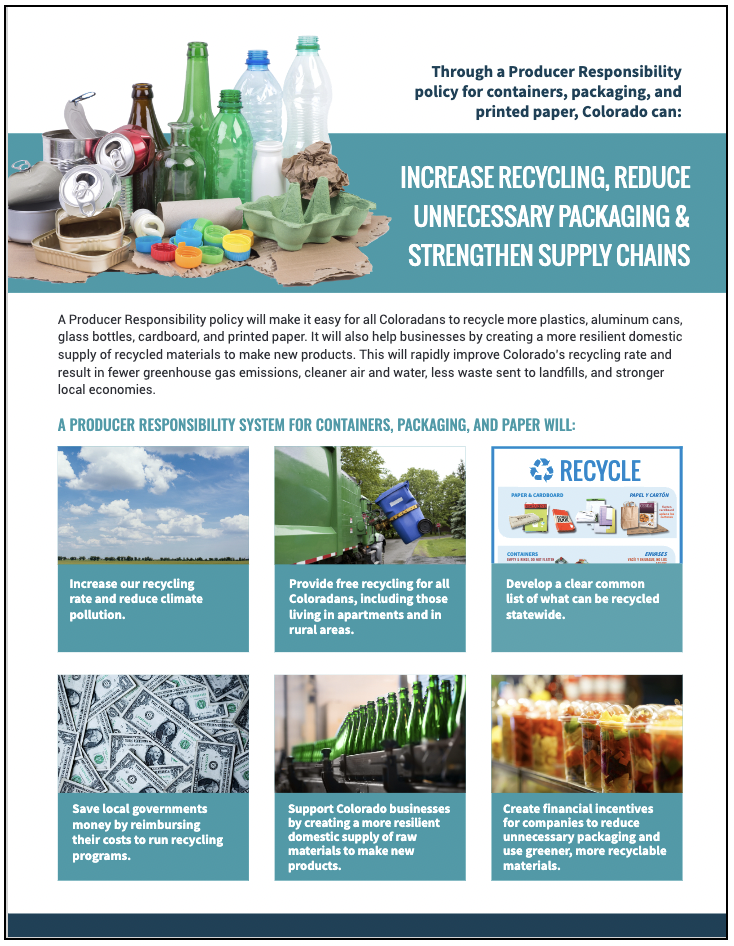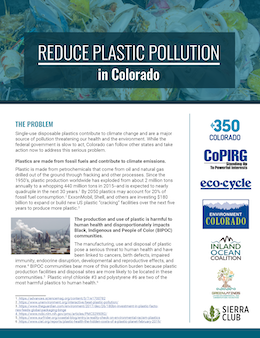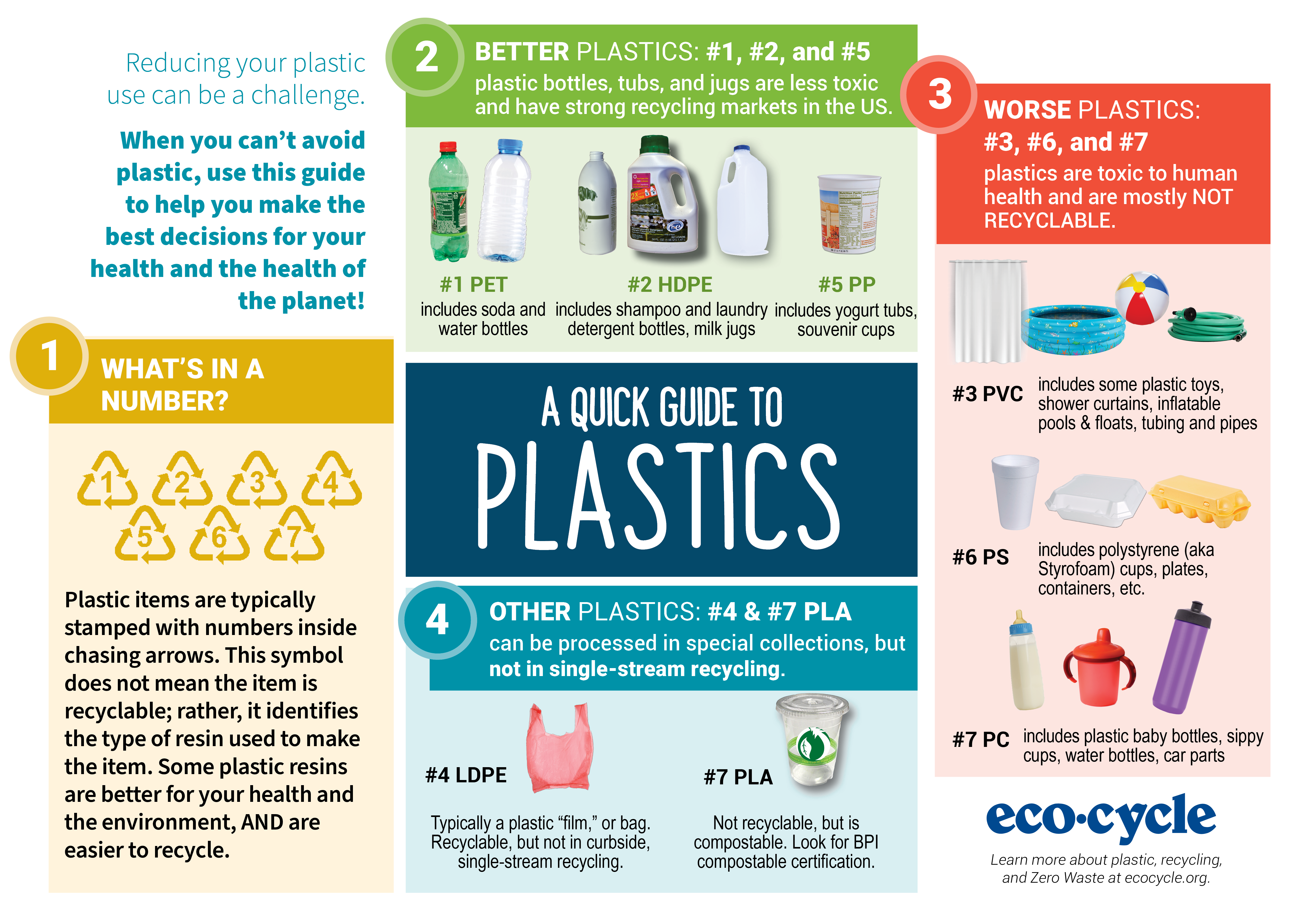Making a Recyclable Product Requires Collaboration with Recycling Facility Operators and Marketers
Plastics recycling is confusing, even for us as experts in the field. We receive thousands of phone calls each year from recyclers who are frustrated by the lack of recycling options for most plastics, and confused and upset about why there is a recycling symbol on plastics that cannot be recycled. We often hear, “Don’t recyclers work with companies to make sure their packaging can be recycled?”
The sad truth is no, in most cases, recycling facility operators who have hands-on knowledge about what can and cannot be processed and marketed for recycling are not involved in decisions about how packaging is designed. More and different types of plastic packaging emerge on the market every day, typically with a recycling symbol on them, yet very often there has been little or no effort on the part of the producer to actually ensure their product is recyclable in any way. That lack of collaboration is a major barrier to scaling up more robust and effective recycling programs, especially for plastics.
Good Product Design Is the First Step Toward a Strong Recycling System
Recycling is successful when products are designed to be recovered through current, proven recycling systems. There are so many decisions made in the design process that impact the recyclability of a product, everything from material used, color, shape, labels, recycled content, toxic additives, and much more. The good news is that we are starting to see a big shift toward better collaboration between companies that design packaging and recycling organizations, with the goal of designing products that can be effectively recycled.
While it’s not yet the norm for consumer-brand companies to work together with recyclers, over the years Eco-Cycle has worked with some forward-thinking companies to improve their packaging and advance new solutions. Here are a few of the partnerships we have developed to improve packaging design:
- U.S. Plastics Pact: As a cofounder of the Alliance of Mission-Based Recyclers (AMBR), Eco-Cycle is an active participant in the U.S. Plastics Pact, the first-of-its-kind multi-stakeholder initiative to develop and implement a national strategy to advance a circular economy for plastic. Through the U.S. Plastics Pact, Eco-Cycle and other recycling partners can work together with consumer goods companies and packaging manufacturers to help co-evolve packaging design and the recycling system. The U.S. Plastics Pact has ambitious goals to make all plastic packaging 100% recyclable, reusable, or compostable by 2025 and to effectively recycle, compost, or reuse 50% of packaging by 2025.
- Pet Sustainability Coalition: Eco-Cycle worked with Only Natural Pet and the Pet Sustainability Coalition to explore and recommend options for increasing the recovery of multi-laminate pouches commonly used for pet foods. In addition to the analysis, Eco-Cycle has been a featured speaker at several events for the Coalition.
- Redefining Flexible Films: Eco-Cycle joined with 80 experts across the packaging value chain to participate in a collaborative innovation workshop addressing the flexible-film waste challenge.
- Danone: Eco-Cycle has partnered with Danone (formerly WhiteWave) for nearly a decade to advance Zero Waste in Colorado and to advise on packaging innovations. Danone was a founding partner of our Eco-Cycle Solutions project to build Zero Waste communities in the US.
- Supporters of HB22-1355, Producer Responsibility for Colorado: Major international corporations, including Amcor, The Coca-Cola Company, Danone North America, Keurig Dr. Pepper, L’Oreal USA, Mars, McCain, Nestle, PepsiCo, Reckitt, SC Johnson, Unilever North America, and Walmart supported this bill to bring recycling to all Coloradans. In a support letter from The Consumer Goods Forum, these business leaders stated, “We applaud the state in drafting strong EPR [Extended Producer Responsibility] legislation that will invest in solutions for packaging waste and help create a more circular economy.” Learn more about this exciting new legislation for Colorado.
Take Action: Voice Your Frustration with Poor Packaging Design
When we do hear from companies that want to make their packaging more recyclable, it’s almost always because they are hearing a lot of feedback and frustration from their customers that the packaging is not recyclable. Your voice really does matter! Call, email, or tag companies on social media to express your frustration that their packaging is not recyclable, contains toxic chemicals, or just seems unnecessary. Your voice is helping to bring companies and recycling closer together.
What Companies Can Do Today to Support Recycling
There are several key steps for companies to take to make their packaging more recyclable and to support recycling as an essential solution to reduce climate pollution and build toward a circular economy:
- Add more post-consumer recycled content to all packaging formats: Using post-consumer recycled content in packaging is the single best way to reduce the environmental impact of existing packaging. Buying recycled content also drives the market demand for more recycling, which helps to develop stronger recycling collection programs.
- Follow the design guidelines to maximize recyclability: There are several guidance documents available to help choose the right labels, adhesives, colorants, plastic resins, and other packaging formats that significantly influence if and how well a product can be recycled. We recommend the Association of Plastic Recyclers’ APR Design Guide for plastics, the Aluminum Association’s Aluminum Container Design Guide, and the American Forest & Paper Association’s design guidance for paper-based packaging.
- Get to know the recycling industry: We cannot recommend enough the importance of going to visit a Materials Recovery Facility (MRF), like the Boulder County Recycling Center, and getting to see firsthand how the recycling process works. We’ve had so many great conversations with companies and packaging engineers inside our MRF. Reach out to us about an in-person tour or our virtual tour offerings.
- Tell your customers how to recycle your packaging: People look at the package to see if it can be recycled, and how, so properly labeling is crucial. It’s even important to let people know if the product cannot be recycled because that helps to reduce contamination in the recycling system. Learn more about the national How2Recycle label.
- Join cross-collaborative coalitions: There are several great opportunities to join multi-stakeholder and cross-industry collaborations to help improve packaging design and advance more robust recycling programs. There are groups for nearly every material type, such as the Polypropylene Recycling Coalition and the Carton Council, as well as larger groups such as the U.S. Plastics Pact.
- Support recycling policy: There are substantial investments and new policies needed to scale up a more robust, effective, and equitable recycling system in the US. Learn more about state and national recycling policies, and how you can support these transformative steps forward.



























